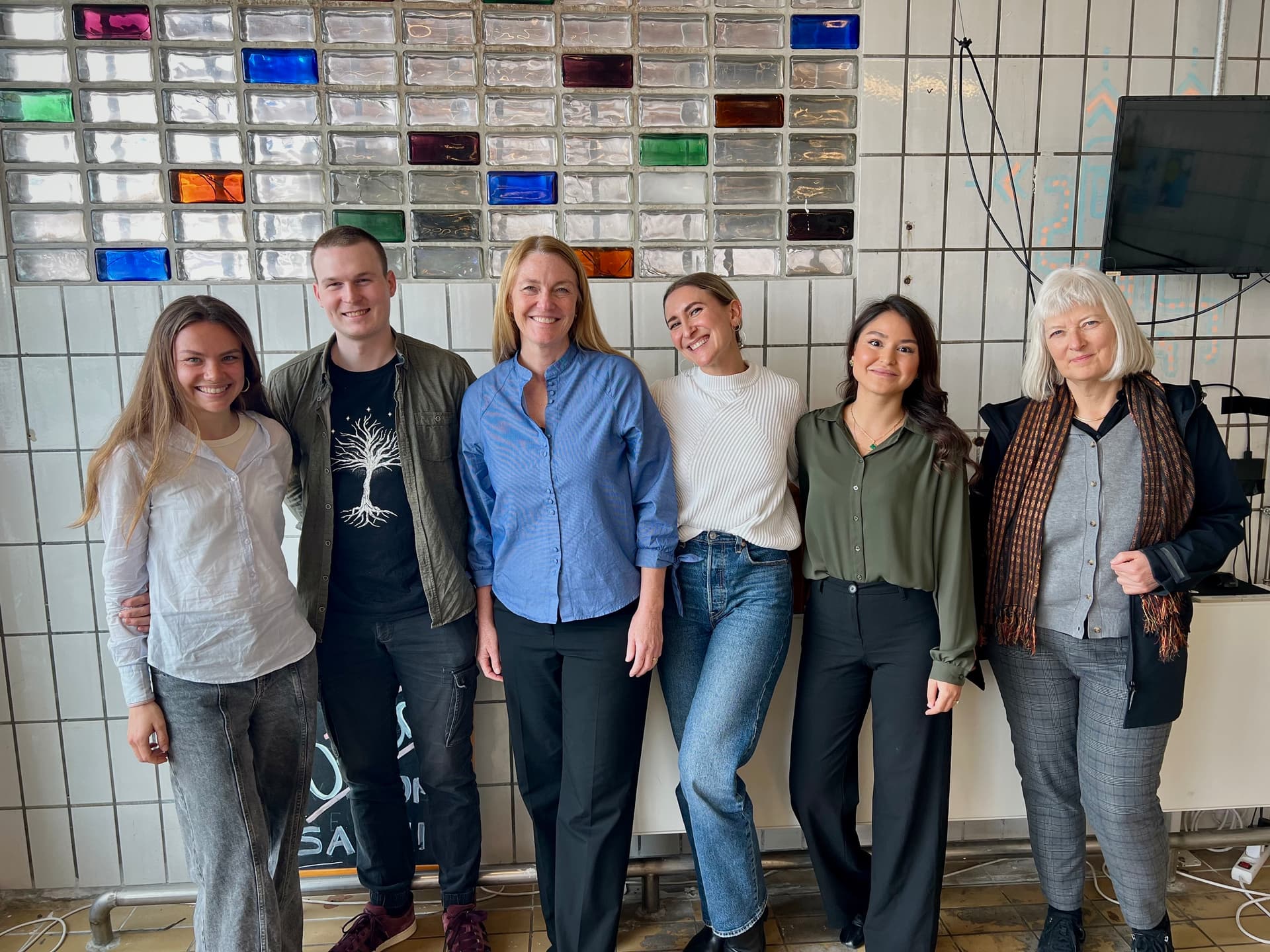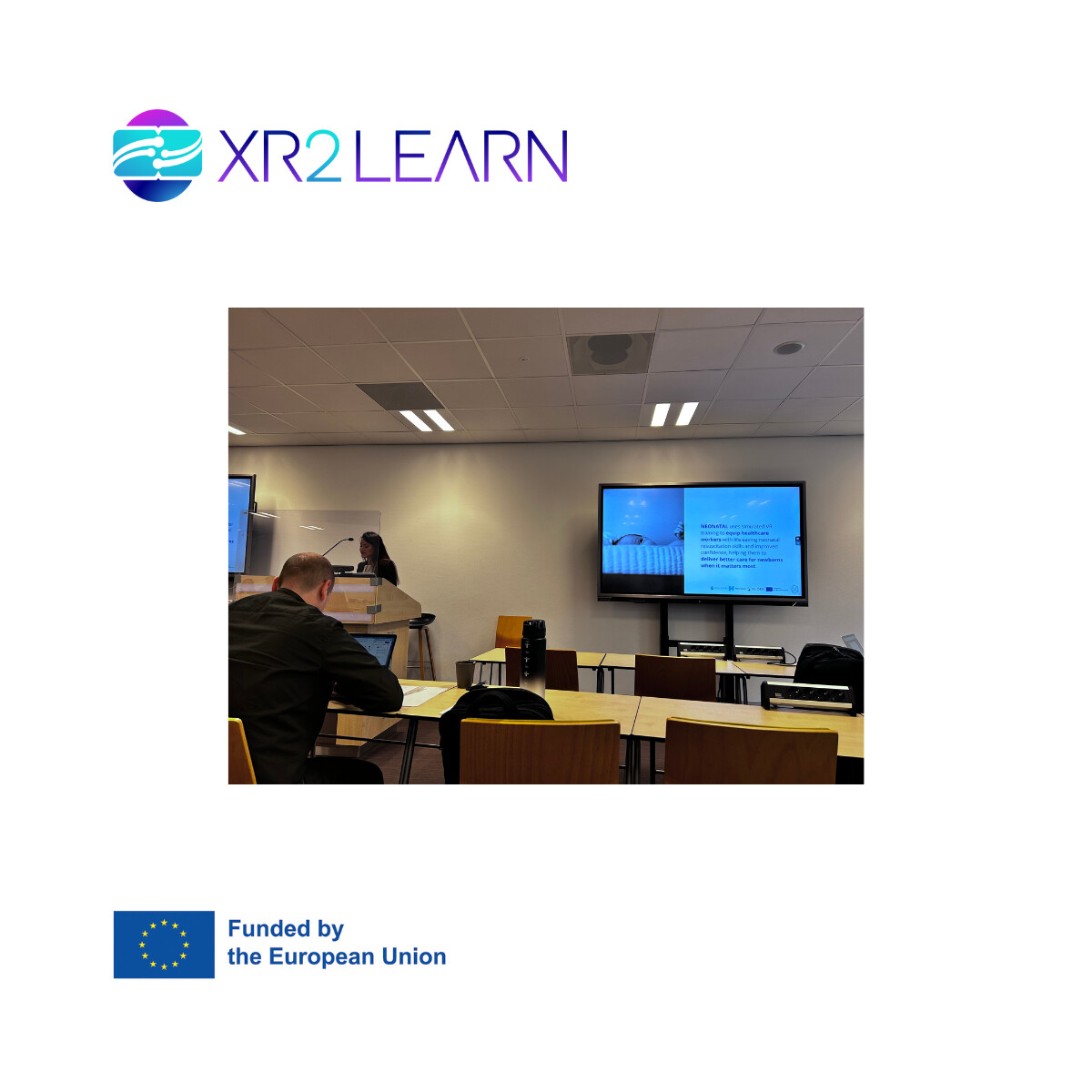Proposal Acronym: NEONATAL
Proposal Title: Simulated Neonatal Resuscitation Training for European Healthcare Workers
Proposal Summary:
Simulated Neonatal Resuscitation Training for European Healthcare Workers (NEONATAL) is a VR-based training solution designed to improve how healthcare workers (HCWs) learn and practice life-saving neonatal resuscitation skills through simulated medical training. This project aims to enhance emergency readiness and reduce neonatal mortality by providing realistic, adaptable, and scalable training experiences for European healthcare environments.
Key Objectives:
- Enhance Neonatal Emergency Training: Provide situated, just-in-time, and just-in-place VR learning to improve procedural skills, emergency decision-making, and team-based coordination.
- Adapt to European Healthcare Needs: Tailor the VR-based training model, initially piloted in Tanzania, to European hospital settings.
- Assess Readiness Levels: Evaluate HCW preparedness to respond to life-threatening neonatal emergencies through realistic VR scenarios.
- Promote Scalability: Develop an open-source XR application to support widespread adoption and future adaptation across different healthcare systems.
Technological Innovations & Features:
- Realistic VR Scenarios: Customizable 3D environments for practicing critical neonatal resuscitation techniques.
- Open-Source XR Application: Create and share two tailored content modules for European healthcare.
- Interactive Training Tools: Utilize XR2LEARN’s enablers, including INTERACT and emotion classifiers, to deliver human-centric, interactive training experiences.
- Continuous Skill Development: Regularly update VR modules and allow repeat practice, ensuring ongoing skill enhancement and confidence-building.
- Performance Assessment: Integrate evaluation tools to determine when HCWs are ready to deliver emergency care.
Impact & Benefits:
- Improved Patient Outcomes: Equip HCWs with the skills and confidence needed to save newborn lives during emergencies.
- Cost-Effective & Scalable: Reduce the need for on-site trainers and physical simulations, while allowing for broad adoption across healthcare systems.
- Better Decision-Making: Enhance emergency response through realistic, hands-on VR experiences that mimic high-pressure environments.
- Human-Centric Approach: Focus on user needs by creating adaptive, interactive training aligned with real-world healthcare challenges.
Challenges Addressed:
- Training Complexity: Overcome the logistical challenges of on-site, team-based neonatal resuscitation training.
- Access & Equity: Make cutting-edge medical training accessible by offering an open-source, scalable VR platform.
- Skill Retention: Ensure ongoing readiness by enabling frequent practice of life-saving procedures without disrupting clinical operations.
Consortium & Expertise:
- Khora: An award-winning XR production studio specializing in immersive learning and medical simulation.
- Rigshospitalet: Denmark’s largest public hospital, providing medical leadership and training expertise through its Global Health Unit.
- University Hospital of North Zealand (Hillerød): Supporting the development, testing, and evaluation of the VR modules.
Development Plan:
Over 12 months, NEONATAL will:
- Develop & Adapt the VR training to European healthcare contexts.
- Pilot & Evaluate the system with up to 100 users to ensure market readiness.
- Contribute to XR2LEARN by offering open resources for future collaboration and innovation.
By project completion, NEONATAL will deliver a fully validated and scalable VR-based neonatal resuscitation training solution, contributing to safer and more effective emergency care across Europe.
Applicants:
- Khora
- Region Hovedstaden
Country: Denmark

